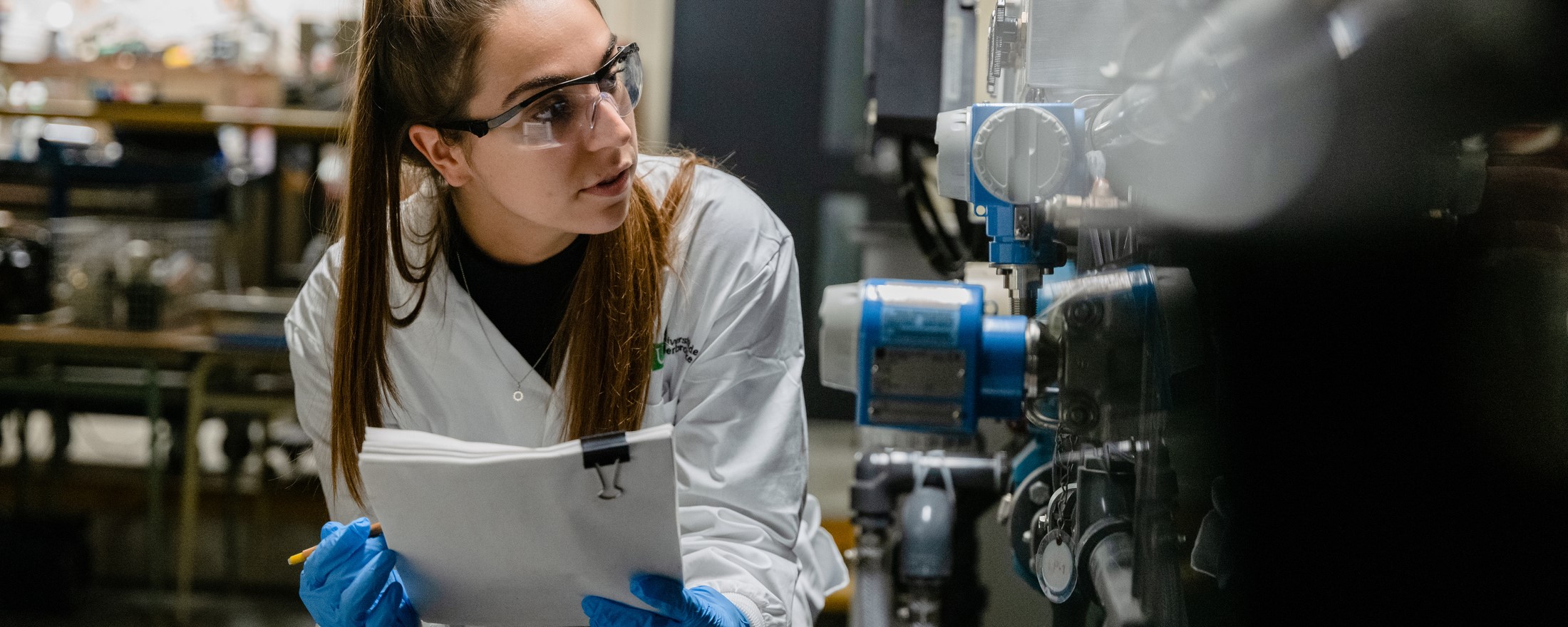Transforming low fidelity to high fidelity seismic response of highway bridges
Overview
- RESEARCH DIRECTION
- Pedro Alexandre Conde Bandini, Professeur - Department of Civil and Building Engineering
- ADMINISTRATIVE UNIT(S)
-
Faculté de génie
Département de génie civil et de génie du bâtiment
- LEVEL(S)
-
2e cycle
3e cycle - LOCATION(S)
- Campus de Sherbrooke
Project Description
The expected damage to a given structural component correlates better with a deformation measure than with force or strength. Reliable deformation estimates under earthquake excitation are crucial in performance-based earthquake engineering. This research project aims to transform the seismic demand for highway bridges from a simplified method (low fidelity), often used by practising structural engineers such as elastic dynamic analysis (EDA), to a more refined analysis (high fidelity). Refined analyses, such as nonlinear time-history analysis (NTHA), involve complex steps that prevent their routine use in practice. Bias and variance will be quantified in the transformation. Numerical models will be built to represent typical bridges found in a regional portfolio, and statistical learning techniques will be used to link simplified and refined analyses. Subsequently, the proposed surrogate models will be employed to construct seismic fragility functions. WHAT WE OFFER: The PhD or MSc student will join the Faculty of Engineering of the Université de Sherbrooke, a leading university in structural engineering research located in the vibrant city of Sherbrooke (Canada). Your admission will be subject to the standard rules of the university. The project will start as soon as possible. Background: Your qualifications should include an academic background in civil engineering or similar studies with excellent results. Candidates must be curious, creative, rigorous and highly motivated. A strong interest in numerical modelling is imperative. Modelling with OpenSees and programming with Python or Matlab would be substantial advantages. For publication purposes, communicating in English (both written and spoken) is essential. HOW TO APPLY: Qualified candidates are invited to email their resume, transcripts, a one-page research statement (past and future research interests), and a sample publication (if available) to Prof. Pedro Bandini as soon as possible. Please include the record number OPR-1005 in the subject line of your email.
Discipline(s) by sector
Sciences naturelles et génie
Génie civil
Funding offered
Yes
The last update was on 13 March 2024. The University reserves the right to modify its projects without notice.
